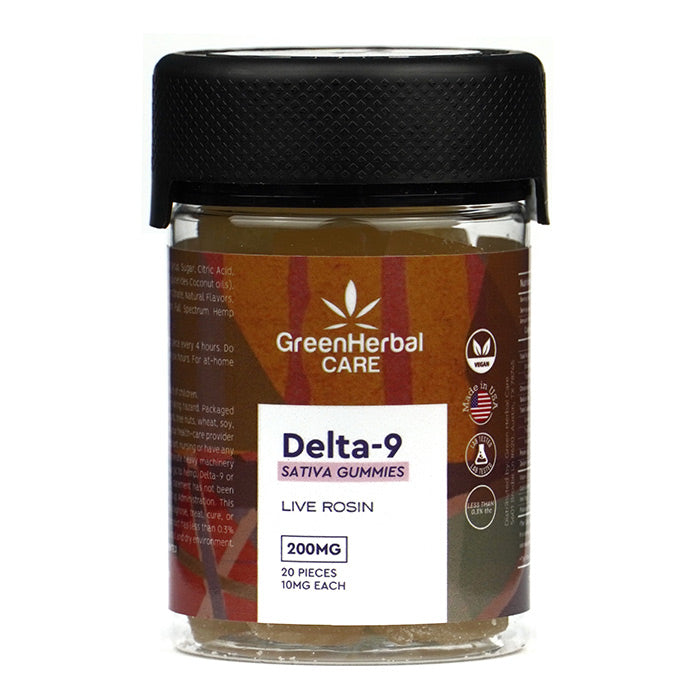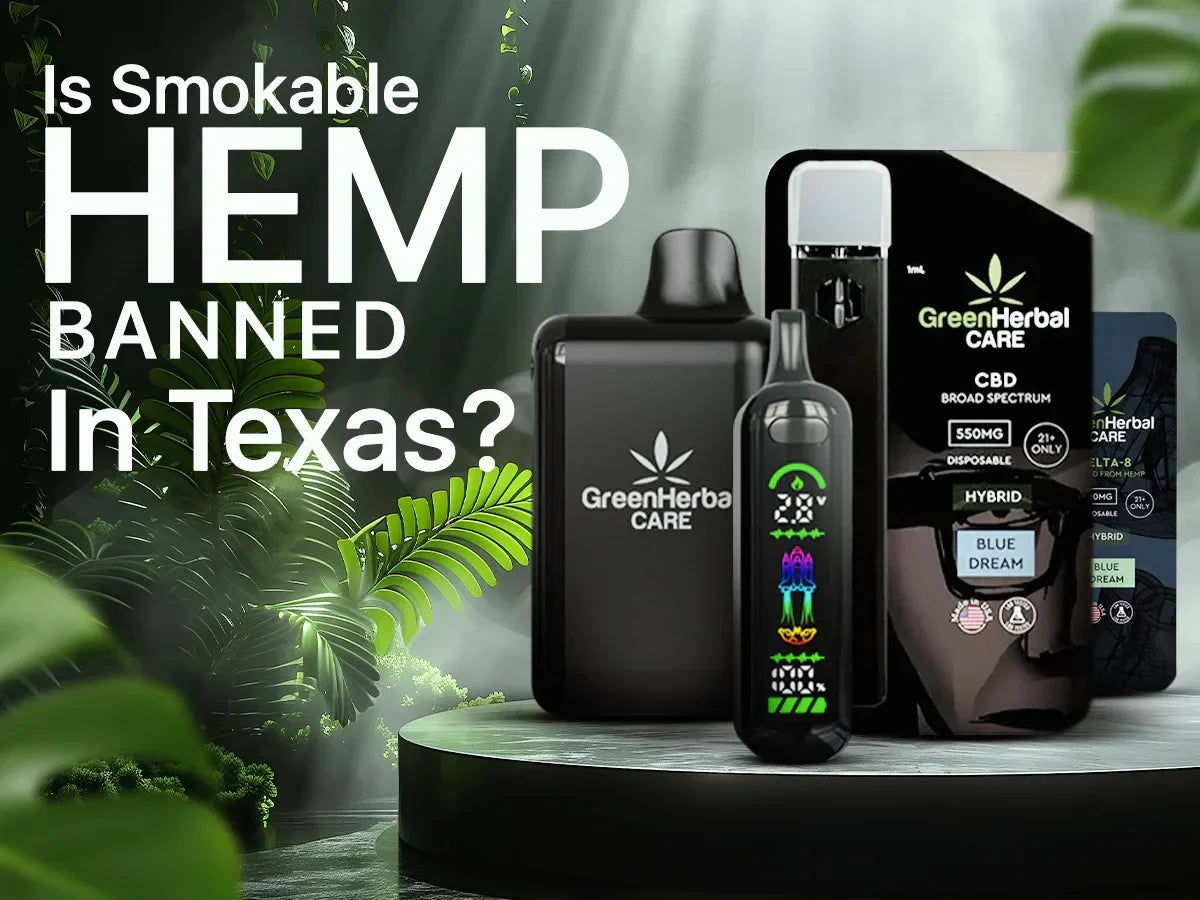Bite-sized answer – smokable hemp is not completely illegal in Texas. A 2022 Texas Supreme Court decision prohibits in-state smokable hemp processing or manufacturing. Out-of-state retail sale of smokable hemp is allowed, with no new state-wide prohibition. In the meantime, lawmakers continue to struggle with bans. So, is smokable hemp banned in Texas? As long as you adhere to labeling and origin requirements, you can legally buy smokable hemp in Texas—while sitting outside of Texas and abiding by local laws on use.
What Texas Law States Regarding Smokable Hemp
• Hemp was legalized in Texas in 2019 under the federal definition (≤ 0.3 percent Delta-9 THC).
• Hemp production for smoking was banned in Texas in 2022. The law was upheld by the court.
• Current laws continue to permit retail sale and distribution of smokable hemp from other nations.
This is a bigger distinction than people realize. You can buy CBD smokes in a Texas store—make sure it is from growers outside of the state and labeled and tested.
Why This Rule Exists
Texas lawmakers wanted to limit in-state cultivation of smokable hemp. They feared it would lead to unregulated processing, illicit markets, or adulteration with marijuana. By limiting inputs to out-of-state only, they can keep out-of-state farms and processors in line. Retail sale remains legal—if products are in line with Texas hemp standards and retail license regulations.
What Smokable Refers to in Here
"Smokable hemp" refers to any hemp product intended for burning, vaporizing, or inhaling—like pre-rolls or flower blends. For legal on-sale:
• Delta-9 THC concentration should be at or below 0.3 percent by dry weight.
• Batch/lot, cannabinoid content, manufacturer, and third-party lab result reference (COA) of THCA vapes must be on labels.
• Texas consumable hemp product registration under Chapter 443 must be held by retailers.
Shop Hemp Vapes
What the Supreme Court Ruling Means to You
The ban stops smokable hemp production from Texas but does not affect customers buying legally manufactured smokable hemp from other places except Texas. You can possess and purchase it, as long as it meets packaging and COA requirements. Shipping also must meet regular hemp requirements—keep original packaging and lab reports in case you must demonstrate compliance.
The Law of Today Is Changing
Though HHC disposables exist today, summer 2025 Senate bills aim to prohibit most hemp-derived psychoactive items. Bills such as SB 5 and SB 6 would abolish all edible hemp items except CBD and CBG—smokable hemp included. The Senate passed a prohibition, but the House has not yet passed it. Retail sale of course still exists until a bill becomes law.
How to Stay Compliant and Safe
1. Confirm Product Origin
Ensure the smokable hemp item has an out-of-state manufacturer. In-state manufacture is illegal by itself under Texas law.
2. Verify Labeling and COA
Packages must include batch information, cannabinoid potency, and a QR code directing to lab results verifying Delta-9 THC ≤ 0.3 percent.
3. Use Trusted Vendors
Buy Delta-8 vapes from Texas law-registered dealers. They should have product registration and licenses in place.
4. Store Packaging
Keep the product in sealed form until the time of use. Carry your ID and purchase receipt with you in case of workplace checks or police stops.
5. Use It Where It's Safe
Public smoking laws vary. Don't confuse taking legal possession with smoking or vaping wherever you want. Be respectful of private and public property regulations.
Common Misconceptions regarding Smokable Hemp
• Hemp vs. Medical Marijuana: Texas continues to have a restricted medical program; smokable hemp is not covered and falls under other provisions of Chapter 443.
• Same-Label Confusion: Sellers often use the same label or packaging for therapeutic cannabis and smokable hemp. Always be aware of your product type and your supplier.
• Limitations of Testing: Field tests cannot reliably distinguish between hemp and marijuana. Documentation and packaging become necessary if you are required to undergo testing.
The Legislative Outlook
Texas policy is about to shift. Special sessions in 2025 have put bans on the table for smokable hemp, Delta-8, and other hemp-derived cannabis products. Industry watchers and voters need to track Texas House activity and Governor responses. Meanwhile, smokable hemp is still here—with caution and proper documentation.
Why It Matters to You
Smokable hemp can be sold in stores in Texas as long as you are in compliance. Knowing what is illegal and what is still legal keeps your access within the law. Selecting compliant products ensures peace of mind. Green Herbal Care sells smokable hemp that complies with regulations as they currently exist, with open labeling and legitimate documentation. The rest can only be understood once the Texas vape ban is officially imposed.
Also Read: Is Hemp Vape Illegal in Texas?
Frequently Asked Questions
Can I grow hemp in Texas for personal smokable use?
No. Texas law allows hemp cultivation under license, but smokable hemp processing or preparing flower for inhalation is prohibited. Personal growing for smokable use is not permitted.
Are online purchases of smokable hemp shipped to Texas legal?
Yes, as long as the product comes from out-of-state, contains ≤ 0.3% delta-9 THC, and includes proper labeling and lab results, online orders remain legal.
Do I need an ID to buy smokable hemp in Texas?
Yes. Texas retailers require valid government-issued ID proving you’re 21 or older before selling smokable hemp products, ensuring compliance with state age-restriction regulations.
Can smokable hemp be used in public places in Texas?
No. Public smoking restrictions apply equally to hemp. Use smokable hemp only in private spaces or designated areas to avoid fines or other potential violations.
What should I do if law enforcement questions my smokable hemp?
Keep your hemp in original packaging with COAs. Present purchase proof and lab documentation to demonstrate compliance with Texas hemp laws and avoid unnecessary legal confusion.


